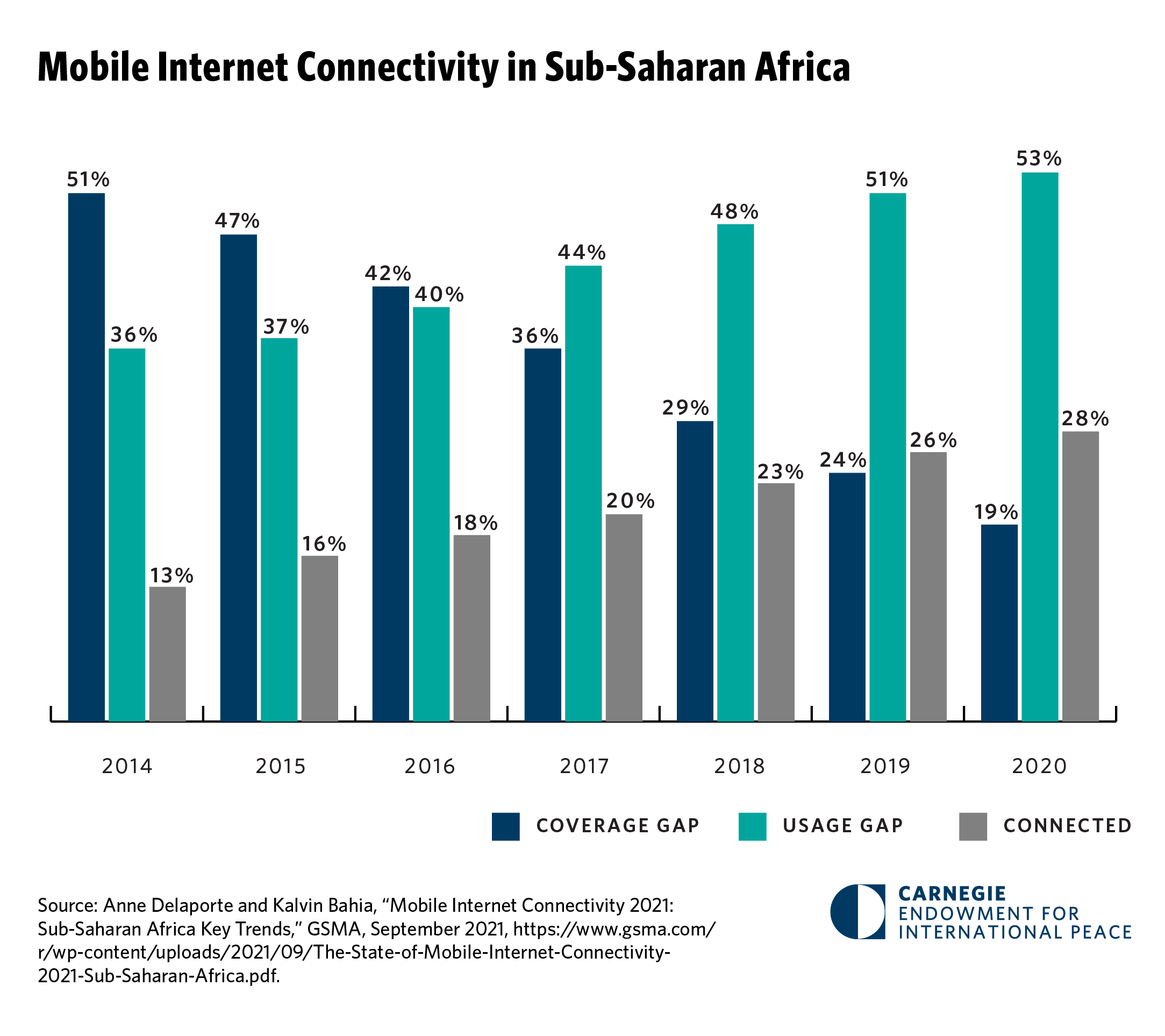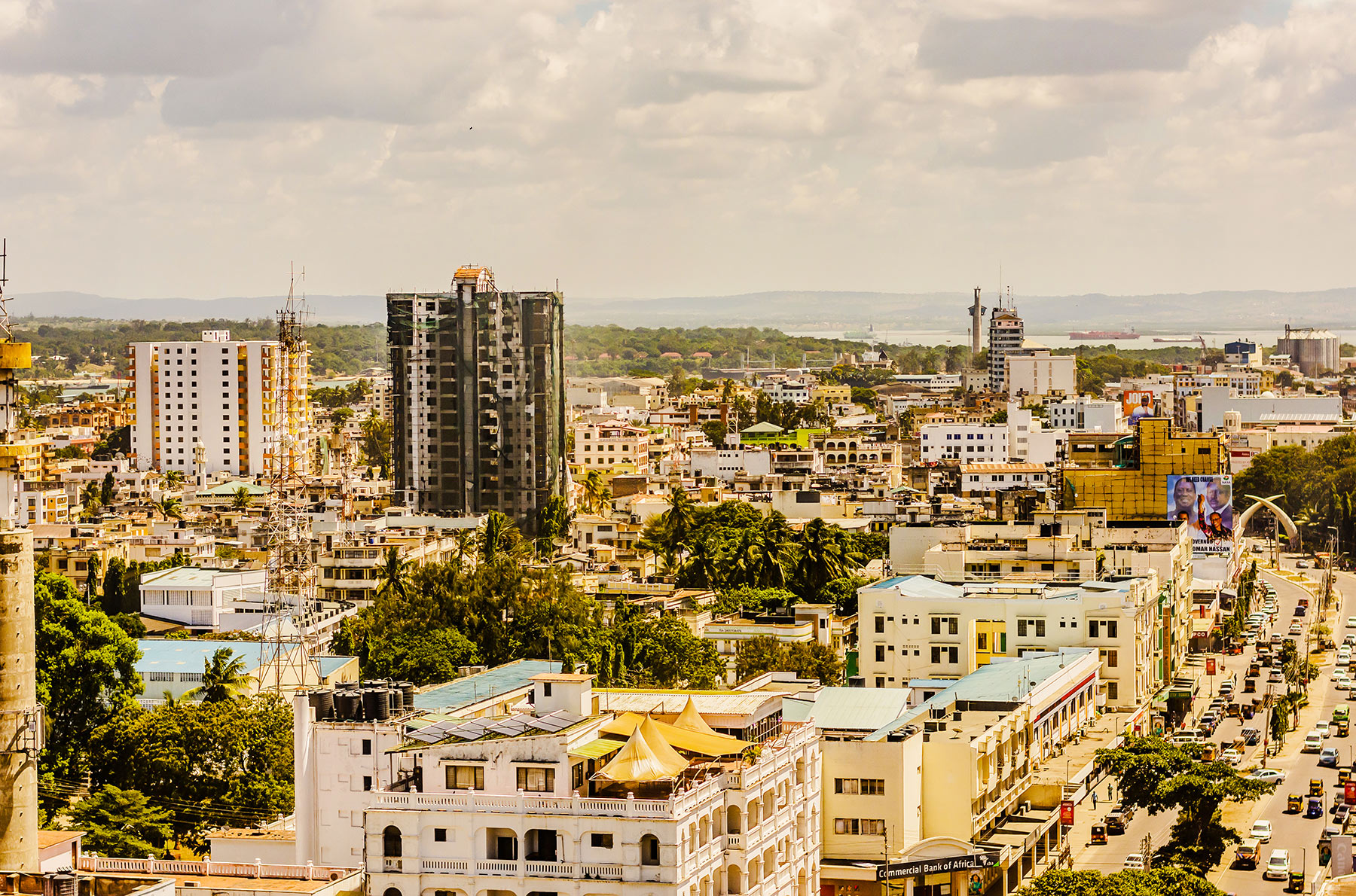MAY 2022
Hello friends,
The impacts of Russia’s invasion of Ukraine and the associated economic sanctions continue to be felt around the world. While some African oil and gas producers are positioning themselves as alternative energy suppliers to European countries aiming to diversify from Russian natural gas, it is not all rosy. Rising food and fuel prices are some of the immediate inflationary impacts of the war that are being felt in African economies as David McNair explains.
The inflation is compounding pre-existing stresses in these economies, from rising fuel subsidies in Nigeria to growing debt servicing costs in Ghana, as we learnt from the Finance Ministers of these countries at a recent Carnegie Africa event. The tightening monetary policy in the U.S. and Europe could also result in capital outflows from emerging markets including African countries. And lending from China’s policy banks to Africa has dried up recently, plunging to a historic low of just $1.9 billion in 2020. Let’s not forget the $30-$50 billion a year that African countries need, per UN estimates, to invest in adapting and building resilience to climate change.
These are certainly dark clouds that could seriously dampen the post-pandemic economic recovery of many countries.
It is no surprise, then, that calls have grown louder for reforming the Bretton-Woods global financial system. A subject hitherto confined to esoteric debates in ivory towers; it featured prominently in the just-concluded World Bank-IMF annual meetings. From U.S. Treasury Secretary Janet Yellen to UNECA Executive Secretary Vera Songwe, the call is clear: we need updated financial tools and trade frameworks to help countries build economic resilience – to climate change, fragmented supply chains and great power rivalry – while being inclusive, equitable and fair to all countries, including those in Africa. Also, “friend-shoring” coined by Janet Yellen is going to be a thing going forward.
Still, it is not all bad news. Google’s much-awaited Equiano sub-sea cable made its first landfall off the coast of West Africa, in Togo, in March. A few weeks later in April, it arrived in Lagos, Nigeria. Concurrently, another sub-sea cable, the Peace Cable linked to Huawei, landed in Africa’s east coast in Kenya. These sub-sea cables promise to bring faster internet speed for the continent and could help boost productivity, contribute to the creation of millions of jobs, and accelerate the continent’s digital transformation (we have a short explainer on this coming soon).
Yet, to reap the benefits of increased digital connectivity in Africa, there must be policy shifts that address a “usage gap” that, Jane Munga explains, is caused by limited penetration of smart phones and high costs of internet data. Our chart of the month illustrates this growing usage gap among populations that are increasingly living in areas covered by mobile broadband.
Sincerely,
Zainab Usman
Director, Carnegie Africa Program
CHART OF THE MONTH

May 2022 Chart of the Month
FEATURES
Digital connectivity is enriching the human experience—but the reality is that this is limited to those who are connected. To close Africa's digital divide, policy must address the usage gap. Jane Munga
Russia’s invasion of Ukraine has significant economic, geopolitical, and social implications that reach African countries, too. Without swift action to shore up African economies, debt defaults, hunger, and instability could ensue. David McNair
South Africa’s $8.5 billion Just Energy Transition Partnership addresses vital questions about how African countries can best use international climate finance. In doing so, it provides a framework for negotiating support for other economies in the region through flexible fora like the G7. Olumide Abimbola & Zainab Usman
ECONOMY
We hosted the Honorable Zainab Shamsuna Ahmed, Nigeria’s minister of finance, budget and national planning, and the Honorable Kenneth Ofori-Atta, Ghana’s minister for finance and economic planning, for a special program with remarks from U.S. Deputy Assistant Secretary Camille Richardson and ONE Campaign CEO Gayle Smith. Co-hosted with the ONE Campaign
DEVELOPMENTS ON OUR RADAR
- Zambia Asks G-20 to Meet Promises on Debt Restructuring. [Bloomberg]
- Google’s Equiano cable lands in Nigeria. [Tech Metro Africa]
- WB-IMF Meetings: Rabat calls for rethinking global funding system. [North Africa Post]
- Tanzania eyes ‘new day’ in US relations with presidential visit. [The Africa Report]
